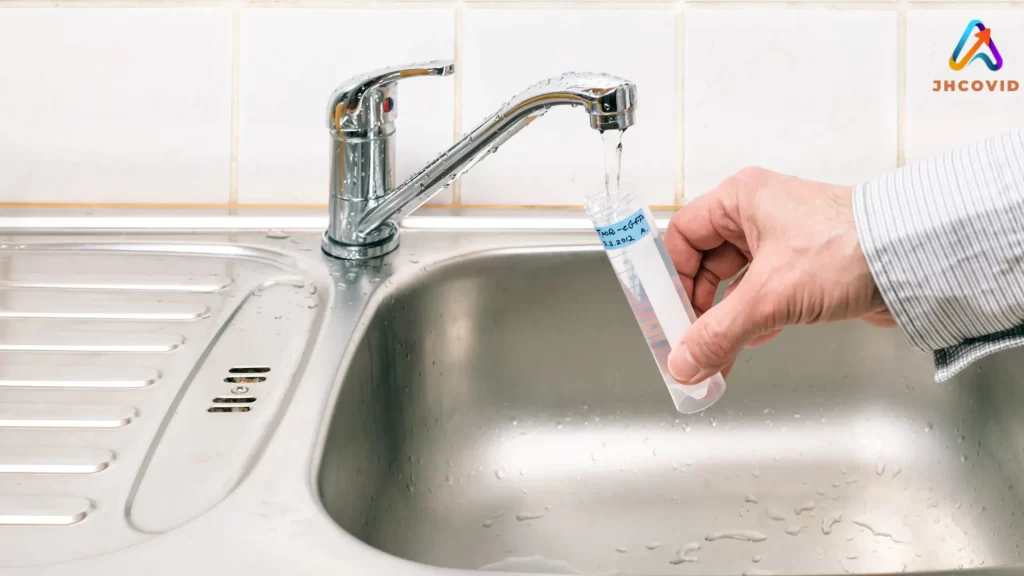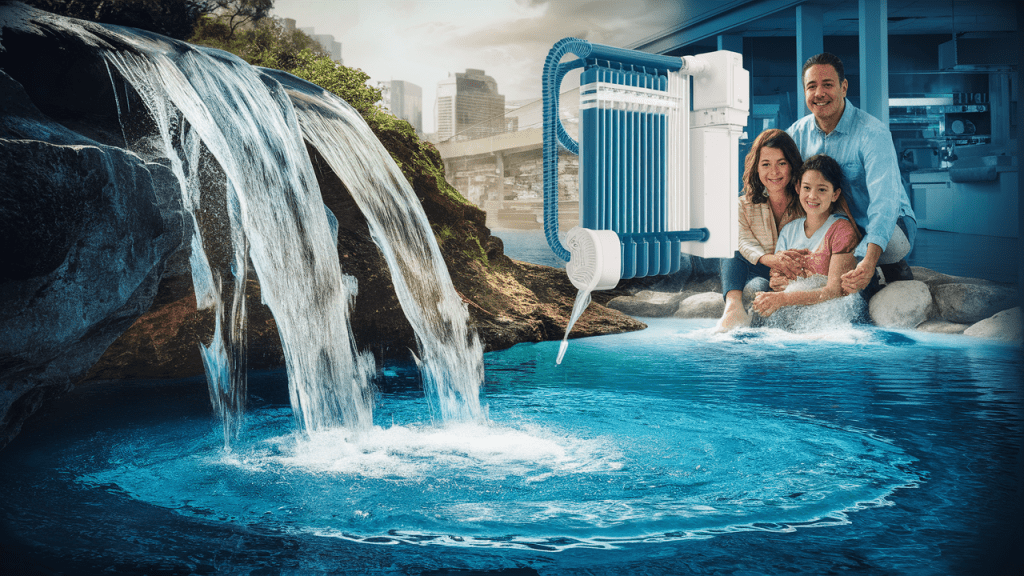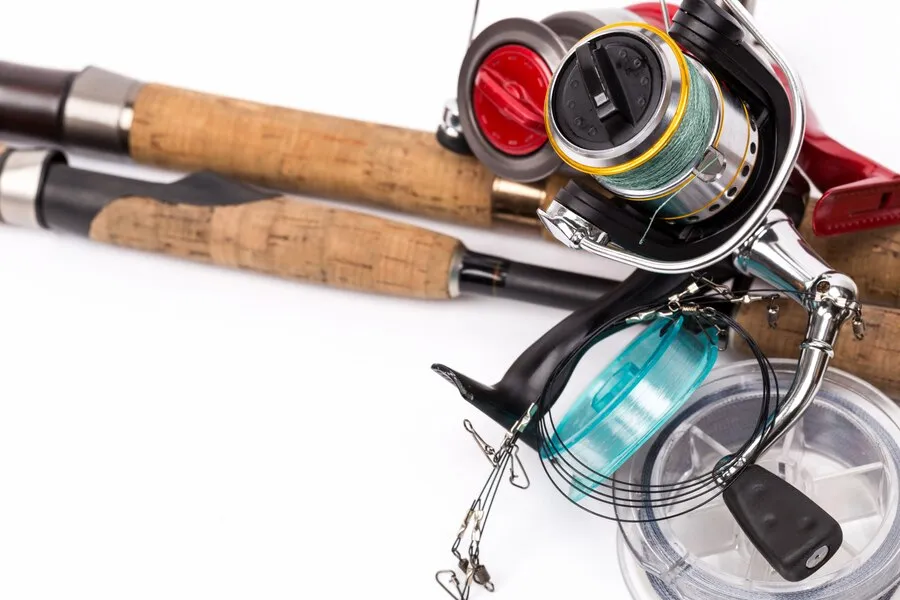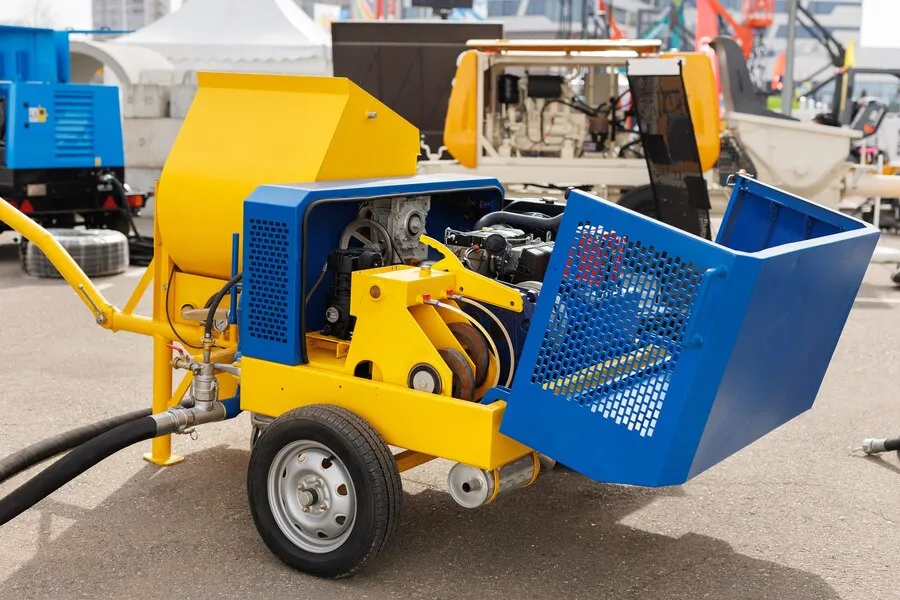Table of Contents
Key Takeaways:
- Understanding the pivotal role of water quality on health and well-being.
- Selecting a suitable water filtration system based on personal needs.
- Practical maintenance advice for water filtration systems.
- The importance of professional water quality assessments.
Why Clean Water at Home Matters
Every living creature depends on water for survival. The human body is composed mainly of water, so the quality of water we consume directly influences our health. Clean, contaminant-free water is vital for drinking, cooking, and hygiene. Common waterborne contaminants, such as lead, pesticides, and bacteria, can lead to health issues ranging from gastrointestinal illnesses to long-term chronic diseases. Relying on a water filtration system Tampa, which homeowners can depend on, is essential to protecting against these threats and guaranteeing that any questionable water quality from municipal supplies is improved to meet safety requirements in the comfort of their homes.
Overview of Water Filtration Technologies

Understanding the arsenal of water filtration technologies available on the market is the first step toward securing better water quality. Diverse filtering systems employ diverse techniques to eliminate more impurities. For example, activated carbon filters excel at capturing organic compounds and improving the taste and smell by removing chlorine. They are commonly used in point-of-use systems such as faucet-mounted filters. On the other hand, ion-exchange filters effectively soften water by substituting harmful ions like lead with harmless ones like sodium or potassium. Since they can eliminate up to 99% of all dissolved contaminants, including fluoride and arsenic, reverse osmosis systems provide a more complete solution. Many homes looking for pure drinking water use this approach since it filters impurities using a semipermeable membrane.
Choosing Between Point-of-Use and Whole-House Systems
Determining whether to install point-of-use filters, which treat the water at specific locations like the kitchen sink, versus a whole-house system, also known as a point-of-entry system, which treats all the water entering your home, depends mainly on the extent of concerns about water quality. While point-of-use systems are more affordable and focus on drinking water, whole-house systems provide a comprehensive approach, treating water used for bathing, laundry, and even watering plants, ensuring thorough protection from contaminants.
Identifying Common Contaminants in Tap Water
Before selecting a filtration solution, identifying the common contaminants in your tap water is essential. Chlorine, though used as a disinfectant in public water supplies, can lead to an unpleasant taste and smell. Heavy metals like lead can seep into water through corroded pipes. Microorganisms such as bacteria and parasites present significant health risks, especially those with compromised immune systems. In addition, agricultural runoff can result in pesticides and herbicides contaminating water sources. Knowing what is in your water allows you to select a filtration system targeted to your needs.
Steps for Selecting the Right Water Filtration System
Several factors should be taken into account when choosing a water filtration system. Begin by testing your water to identify the specific contaminants you must target. Once you know what you’re dealing with, consider your household size, average water usage, and budget. Different contaminants may require specific technologies for filtration, so matching the system to your needs is paramount. Finally, think about the operation and maintenance expenses. Remember that particular systems may be more cost-effective in the long term because they require less maintenance, even though they demand more significant initial investments.
Maintenance Tips for Your Filtration System

Regular maintenance ensures the lasting effectiveness of your water filtration system. For activated carbon filters, for instance, keep track of when the filter cartridges need replacing—usually after filtering a certain number of gallons. If you put off replacing the filters and membranes in your reverse osmosis system for too long, the system may suffer damage, and the water quality may suffer. Establish a clear maintenance schedule, adhering to the manufacturer’s recommendations, to sustain peak performance and system longevity.
DIY Versus Professional Maintenance
Some simple maintenance tasks are often within the capabilities of most homeowners. Nevertheless, a professional can provide more comprehensive checks, system tune-ups, and in-depth sanitization that go beyond the surface. Specialists carry the expertise and tools necessary to fine-tune complex systems and manage intricate problems that might not be apparent to the untrained eye.
Read more: The Three Biggest Sources of Asbestos Contamination in the US
Understanding the Role of Professional Assessments
Periodic professional water quality assessments complement the functionality of home water filtration systems. These assessments are designed to provide insightful evaluations on whether the system is performing optimally, identify potential contaminants that may have been previously undetected, and receive expert recommendations on necessary system upgrades. Guidance from a water quality specialist can be indispensable, especially when considering the health implications of water purity. Moreover, expert assessments may uncover hidden issues, like changes in water quality due to environmental factors, that require additional measures or specialized treatments.
Enhancements and Add-Ons to Upgrade Your Filtration System
While a basic water filtration system might suffice for some, others may wish to bolster their system with enhancements to address specific concerns or improve performance. Water softeners can be installed to deal with hard water and avoid scale building that can harm pipes and appliances, and ultraviolet (UV) purification systems can be integrated to eliminate germs and viruses. Soft water can also feel smoother on the skin and hair during bathing and improve the efficiency of soap and detergents, meaning you’ll use less of these products and potentially save money. Considering these add-ons is a proactive approach to upgrading your filtration system, ensuring you get the most out of your investment, and providing the best possible water quality for your household.
Access to clean water is a critical and foundational component of everyday life. Giving your family access to safe, clean water for all of their daily requirements is ensured when you arm yourself with the correct information and resources to enhance the water quality in your house. This peace of mind is priceless in maintaining health and well-being, securing your home as a sanctuary of purity and wellness.






